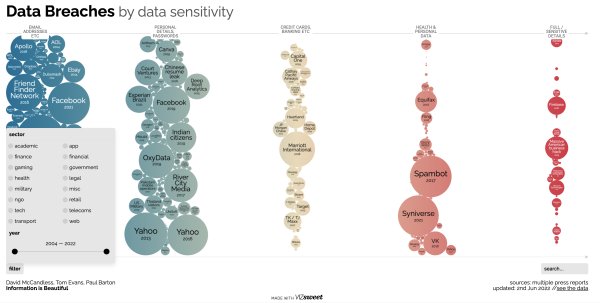I am on my way back from Dave Asprey’s BioHacking Conference.
I enjoy going and being exposed to people and products committed to life extension and regenerative medicine.
Here are some of the things I found interesting and useful.
I own and use every product on the list above. One of my biggest insights from this year’s conference was that I already have great stuff. I have to remember to use it. Some of the stuff is terrific. I know it is. That doesn’t mean it doesn’t sit unused in a room upstairs (or in a box under my stairs). The scary thing is that I know better. Now I have to do better!
Each year I get a little bit more focused on what I can be doing to get more out of my time and to increase the quantity of time left.
Even with a renewed focus on health, it isn’t always easier. As my friend Ben Hardy says, Willpower Doesn’t Work – you have to identify goals that are bigger than yourself, create consequences and rewards for achieving or failing to achieve those goals, and change your environment to make success easy.
I don’t just want to be healthier to increase my time on earth, but to better support my family, my business, and to create a positive impact on those around me.
When you have a vision of who you want to be, and what you want to accomplish, achieving your goals becomes a lot easier.
When the goal is health, there are definitely some decisions that are proven to help. You can click to see the image in full-size.
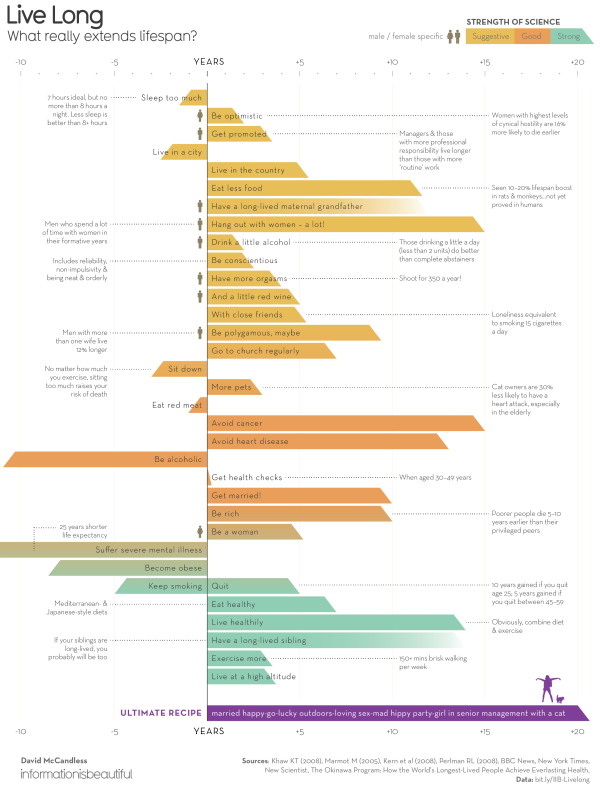
On top of the science, here are some of my anecdotal opinions on living longer, healthier, and better:
- Losing weight is as simple as calories in, calories out. It doesn’t matter if you’re on keto or eating only twinkies if you can keep your calories ingested below your calories burned. An equally simple alternative is to consider whether what you are about to eat, drink, or do is “cleansing” or “clogging”. We already know better!
- Getting enough water and sleep are tips echoed so much that they get annoying. Nonetheless, they are true and help significantly.
- In life, and in diets, shortcuts end up hurting you long-term more than they help you short-term. If something is worth doing, it is usually worth doing right.
- Living “right” doesn’t mean you can’t let loose … it means that it’s the exception instead of the rule. If your lifestyle doesn’t let you have fun with your friends or family, it’s probably not the healthiest lifestyle. Mental health is just as important as physical health. From my perspective, deprivation or repression are far less effective or sustainable than delayed gratification.
I’d love to hear your favorite “trick” to living better. Feel free to send me an e-mail.
Thanks! Live Long and Prosper!

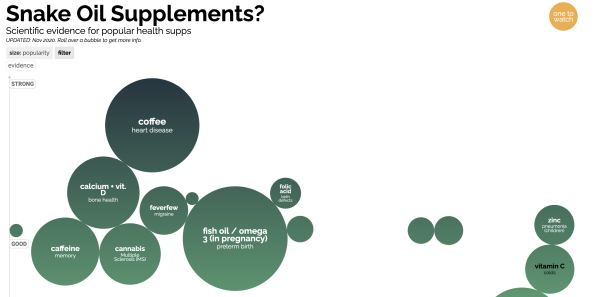 via
via 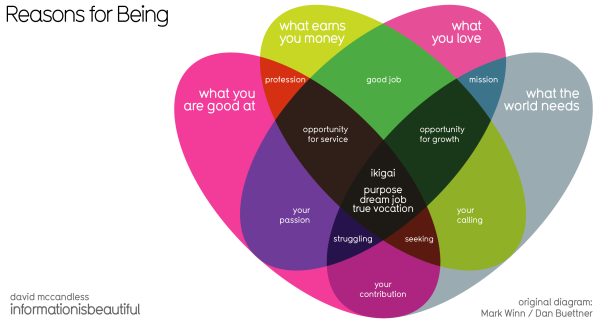

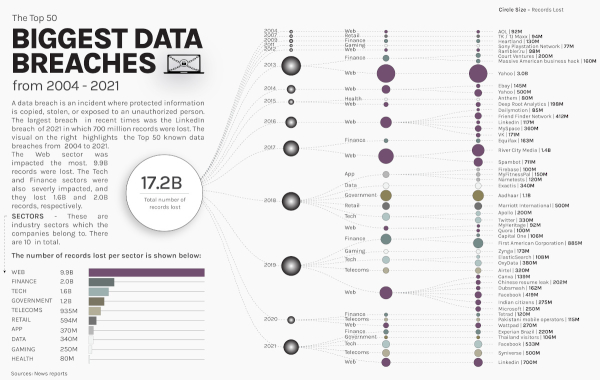 Click To See Full Size via
Click To See Full Size via 